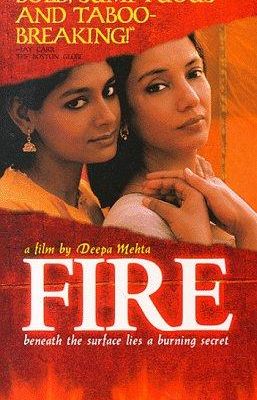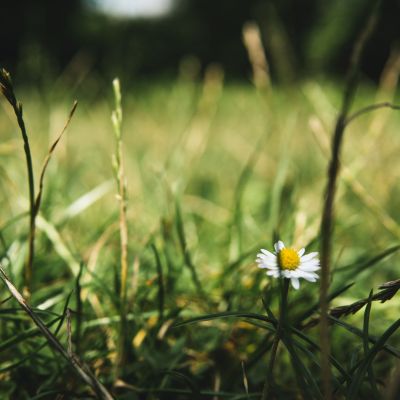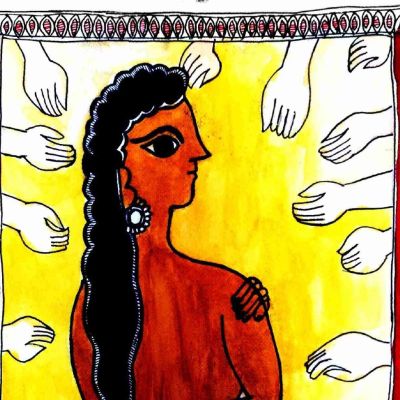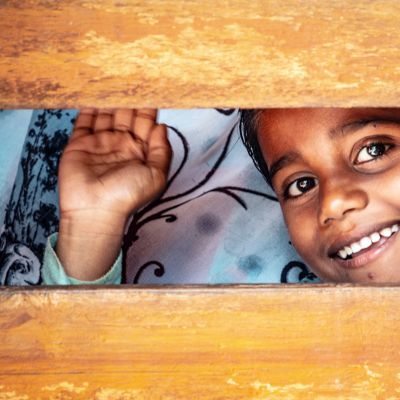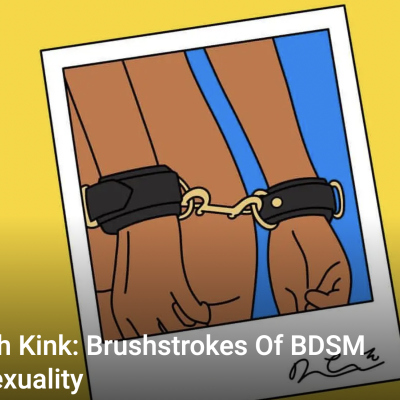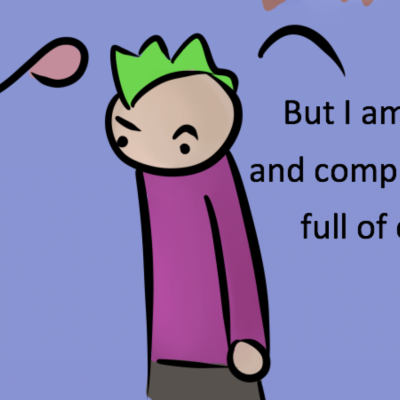Comprehensive Sexuality Education
I often imagine if I had been able to access friendly and empowering comprehensive sexuality education from my childhood, how different my life would have turned out to be.
‘Is the future so dark?’ you might ask. I am here to tell you that it is not. As you begin your exploration into the world of queer theory and feminist theory, you will learn that the straightjacket version of sexuality cooked by our families was undercooked.
“It’s rather unfortunate that our educational institutions and systems are so reluctant to understand, or they simply ignore, the importance of providing our youth with CSE that can help erase the shame and crippling self-doubt around sexuality, bodies, reproductive rights and wellness.
It is unfortunate that one of the most fundamental processes of human life is shunned to the extent that we’ve been taught, and so we learn to dismiss the natural feelings our bodies produce.
Fire served as a seminal piece of media in my life for that reason, not only because of its queer themes and normalisation of LGBTQ+ relationships but because of how it normalises the pursuit of pleasure as a fundamental part of us, and not something we should be ashamed of.
They lay eyes on him, they see a body out of the gym. A black, thick beard, in a need…
Women’s bodies are considered as symbols of izzat and abru (honour and dignity) making it the woman’s responsibility to ‘protect’ her sexuality, while at the same time, her sexuality is controlled by patriarchs.
Most parents, teachers, and caregivers feel embarrassed when talking about sexuality with children and imparting sexuality education. Is there a way to overcome this by using humour?
The responsibilities attached to BDSM are frankly the same as that for any other sex act. But since the submissive partner(s) are placing themselves at a position of vulnerability, these responsibilities mark the difference between sex and abuse. Have fun, but responsibly.
This question of appropriateness is, for me, at the heart of all questions around sexuality. Each of us carries within us our own private benchmarks for which expressions of sexuality we find appropriate, and which ones, in turn, have crossed an invisible line. The ones we believe belong across the border, in the land of the inappropriate, of the too much.
Robot Hugs gives us a glimpse into the doubts and confusions they grappled with while growing up, and unravels the tightly wound preconceptions in culture influenced by, and at the same time, influencing scientific and medical imagination.
Connection is essential for our survival – physical, mental, emotional and spiritual. We connect with people, form networks of care and support, and in a sense weave webs of safety and comfort that we can turn to when stressed or simply want to infuse a dose of joy into our day.
To be a support system is to be a safe space for them where they can reflect upon, experiment with and understand themselves. A space where people not only come to terms with their individual selves, sexual or otherwise, but also where they become increasingly aware of their own rights.
For a long time, female bodies were considered similar to male bodies, just shorter, and most research and medical trials focused primarily on the male body with the assumption that the same would work on the female body.
Because the Internet is an integral part of our daily lives, it is important that young people are given the right information so that they can explore the world around them, access information without violating legislations, know their rights in the virtual and physical world and have enjoyable and consensual relationships with whoever they choose.





